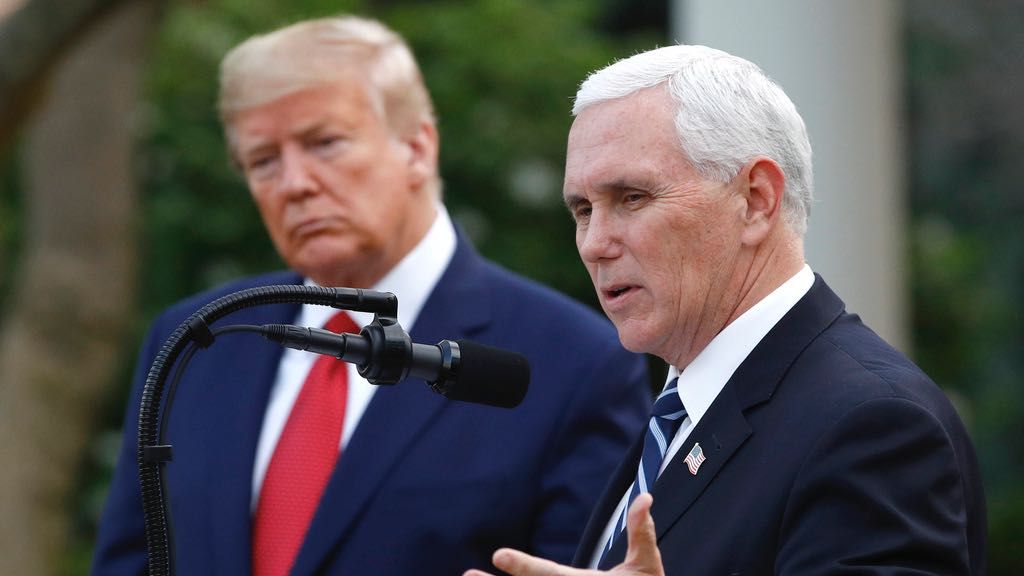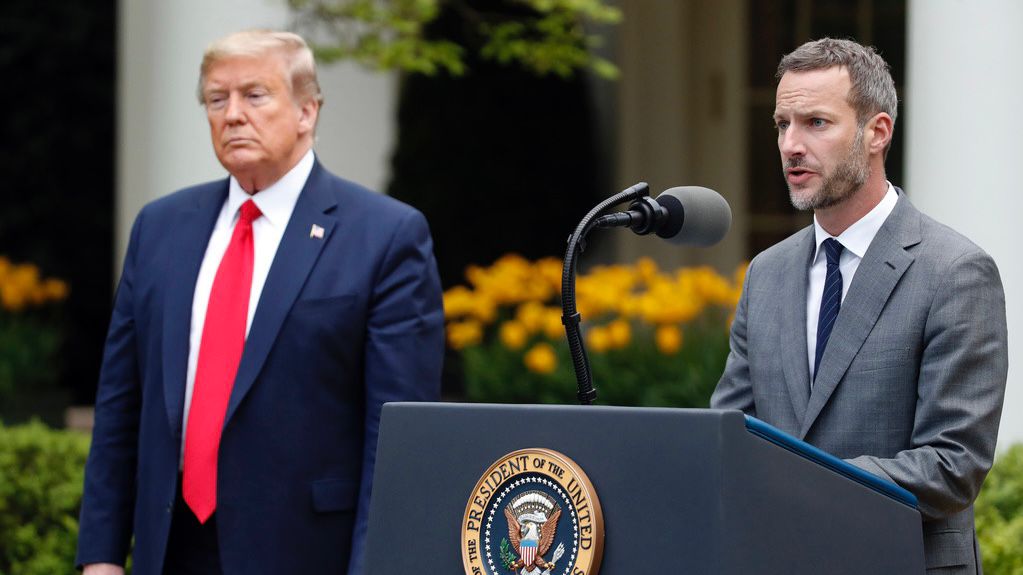House Republicans led by Speaker Mike Johnson, R-La., and Senate Democrats led by Senate Majority Leader Chuck Schumer, D-N.Y., reached a federal spending deal on Sunday, congressional leaders and President Joe Biden said.
The agreement largely hews to spending caps for defense and domestic programs that Congress set as part of a bill to suspend the debt limit until 2025. But it does provide some concessions to House Republicans who viewed the spending restrictions in that agreement as insufficient.
What You Need To Know
- House Republicans led by Speaker Mike Johnson, R-La., and Senate Democrats led by Senate Majority Leader Chuck Schumer, D-N.Y., reached a federal spending deal on Sunday, congressional leaders and President Joe Biden said
- The agreement largely hews to spending caps for defense and domestic programs that Congress set as part of a bill to suspend the debt limit until 2025
- But it does provide some concessions to House Republicans who viewed the spending restrictions in that agreement as insufficient
- Lawmakers needed an agreement on overall spending levels so that appropriators could write the bills that set line-by-line funding for agencies. Funding is set to lapse Jan. 19 for some agencies and Feb. 2 for others
- The agreement is separate from the negotiations that are taking place to secure additional funding for Israel and Ukraine while also curbing restrictions on asylum claims at the U.S. border
"The bipartisan funding framework congressional leaders have reached moves us one step closer to preventing a needless government shutdown and protecting important national priorities. It reflects the funding levels that I negotiated with both parties and signed into law last spring," Biden said in a statement. "It rejects deep cuts to programs hardworking families count on, and provides a path to passing full-year funding bills that deliver for the American people and are free of any extreme policies."
"Now, congressional Republicans must do their job, stop threatening to shut down the government, and fulfill their basic responsibility to fund critical domestic and national security priorities, including my supplemental request. It’s time for them to act," he added.
The spending package would be for $1.59 trillion, including $886 billion for defense priorities and $704 billion for non-defense programs.
In a speech on the Senate floor on Monday, Schumer hailed the agreement, saying that "not a nickel was cut" from the budget.
"The agreement now clears the way for Congress to act in the coming weeks to avoid a government shutdown," Schumer said.
"Both parties reached this agreement without resorting to the painful and draconian cuts that hard-right, particularly those in the Freedom Caucus, clamored for," Schumer said.
In a letter to colleagues, Johnson said Sunday it will secure $16 billion in additional spending cuts from the previous agreement brokered by then-Speaker Kevin McCarthy and President Joe Biden and is about $30 billion less than what the Senate was considering.
“This represents the most favorable budget agreement Republicans have achieved in over a decade,” Johnson wrote, warning that the deal would "not satisfy everyone."
The far-right Freedom Caucus, in a post on social media, called the deal "even worse than we thought" and "total failure," signaling that House Speaker Mike Johnson may need to rely on Democratic votes to get the bill over the finish line. At least 8 far-right Republicans signaled they would not support the bill.
“I am a NO to the Johnson Schumer budget deal,” Georgia Rep. Marjorie Taylor Greene wrote on social media. “This $1.6 Trillion dollar budget agreement does nothing to secure the border, stop the invasion, or stop the weaponized government targeting Biden’s political enemies and innocent Americans.”
But others, like New York Rep. Mike Lawler, appeared to back the proposed agreement.
"I supported the agreement that Speaker McCarthy had negotiated with President Biden back in June," he said. "I believe, obviously as we've seen, the deal between Speaker Johnson and Senate Majority Leader Chuck Schumer is in keeping with the much of the framework of that Fiscal Responsibility Act. I do believe it will help us avert a shutdown."
"Schumer and House Minority Leader Hakeem Jeffries, D-N.Y., wrote in a statement of their own it would “protect key domestic priorities like veterans benefits, health care and nutrition assistance.”
The agreement speeds up the roughly $20 billion in cuts already agreed to for the Internal Revenue Service and rescinds about $6 billion in COVID relief funds that had been approved but not yet spent, according to Johnson's letter.
Lawmakers needed an agreement on overall spending levels so that appropriators could write the bills that set line-by-line funding for agencies. Funding is set to lapse Jan. 19 for some agencies and Feb. 2 for others.
The agreement is separate from the negotiations that are taking place to secure additional funding for Israel and Ukraine while also curbing restrictions on asylum claims at the U.S. border, which Schumer expressed optimism about on Monday, saying that negotiators had a "very promising few days" of talks.
"Getting over the finish line is still not going to be easy. It'll take continued compromise," he warned. "We must do everything we can to reach an agreement. I urge my colleagues to continue their negotiations."









_crop)